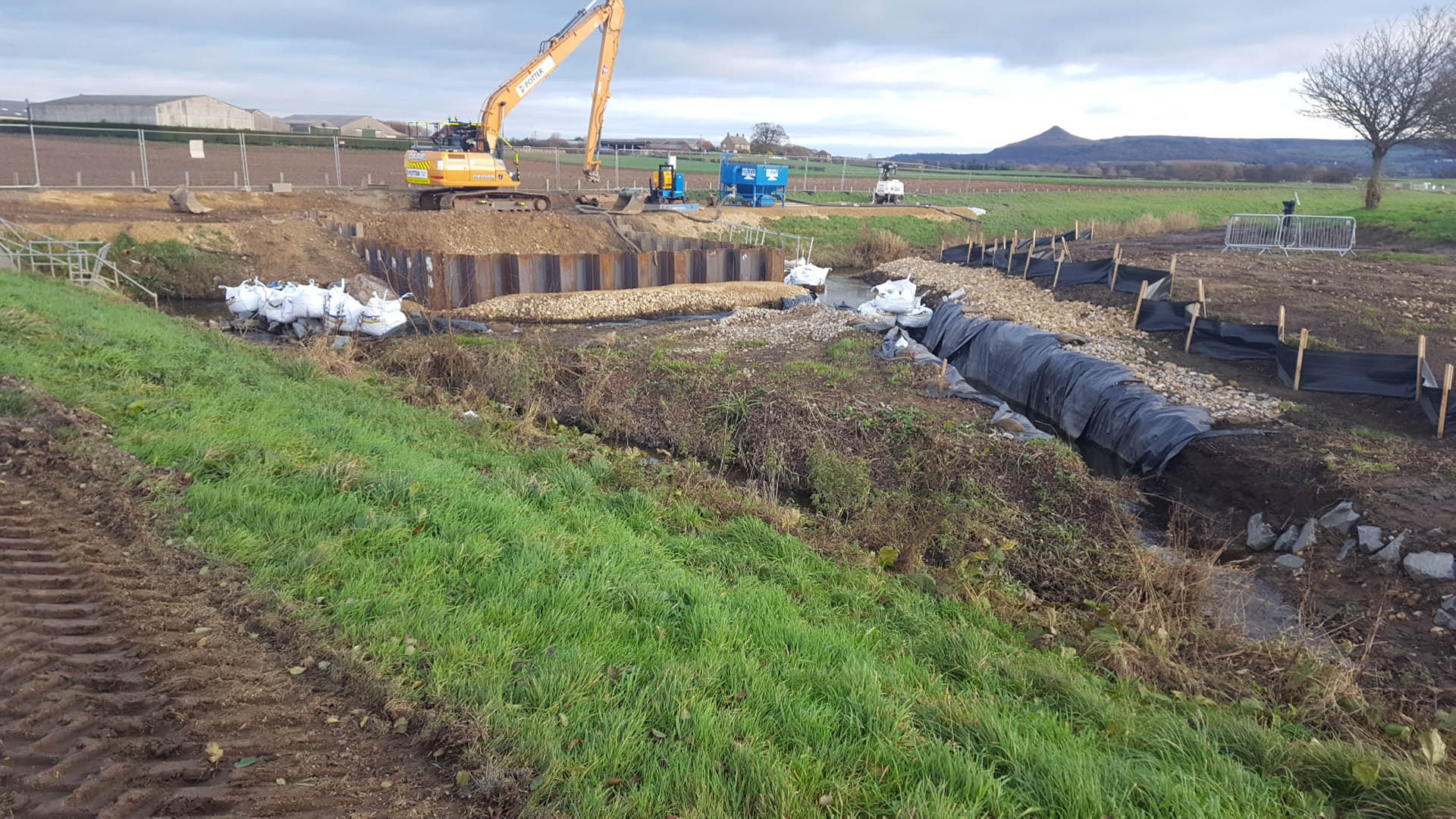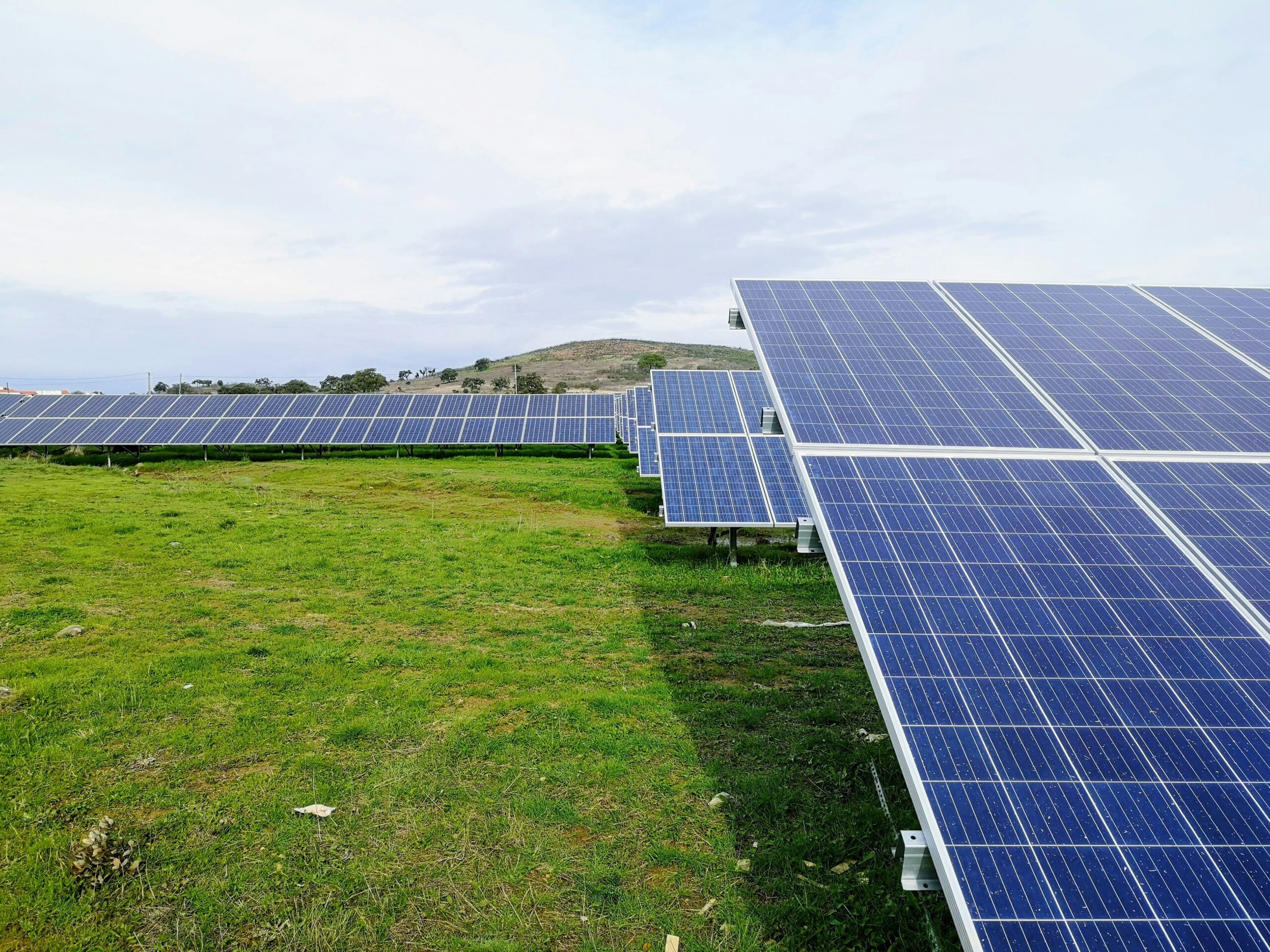Navigating local impact and national policy
The new Government has hit the ground running on clean energy. Its go ahead decisions on three large solar farms and announcements to promote roof top photovoltaics are clearly signalling its intention to decarbonise the country.
Large solar farms, despite these early decisions, are likely to remain contentious for various reasons. The scale of local change in landscape character and change to farming cultural history will continue to be wrestled with and be important aspects of the planning balance on development decisions.
The change of use from farming the land is not only locally important to some individuals and groups it is also important nationally where policy discussion on food security and land for development needs to be better resolved.
One interesting area in this space that seeks to resolve some of these policy conflicts is known as Agrivoltaics. Agrivoltaics seeks to integrate solar into a farm business whereby the land is both farmed and is used for clean energy production. The thinking on this started back in the 1980’s and is continuing in the UK with work being piloted and researched by Lancaster Environment Centre at Lancaster University.
In the more sensitive landscapes and locations we consider that this approach offers solutions that can: deliver food producing viable farm businesses, decarbonise farming, deliver clean energy and promote biodiversity. Jeremy Benn Associates (JBA Consulting) has close working relationships with LEC on a variety of rural land use and land management innovations which will improve our resilience.
Our current commercial work on solar extends across the country where we are providing projects, 40ha to 1,000ha, with a comprehensive list of services, which are listed below.
-
Surveying
- Professionally qualified land surveyors, using a range of data capture survey techniques to create accurate topographical mapping, digital terrain models, and ortho mosaics.
- Enhanced processing systems, with the ability to share deliverables in a secure and efficient manner.
-
Community and Stakeholder Engagement
- Stakeholder mapping and local needs assessments.
- Develop stakeholder engagement plans.
- Deliver stakeholder engagement services, including, digital consultation rooms, website copywriting, marketing content and social media monitoring, workshops, meetings with local interest groups, public consultation events, engagement with local MPs.
-
Approvals
- Leading on planning applications and DCO process.
- Managing the discharge of planning conditions.
- Environmental permits and ordinary water course consent.
- Changes to rights of way.
-
Environmental Impact Assessment (EIA)
- Coordination.
- Environmental constraints analysis and options appraisal.
- Environmental Impact Assessment, taking projects from EIA screening and scoping to full assessment and identification of opportunities for enhancement.
- Coordination and management of non-statutory environmental assessments to satisfy planning application requirements.
- Production of outline construction environmental management plans.
-
Landscape and Visual Impact Services
- Undertaking baseline landscape and visual appraisals to establish risks and opportunities at project feasibility.
- Undertaking Landscape and Visual Impact Assessment (LVIA) as standalone an appendix to Environmental Statements.
- Type 1-4 visualisations, in accordance with the Landscape Institute Technical Guidance.
-
Ecological Services
- Preliminary Ecological Appraisal (PEA) and Ecological Impact Assessment (EcIA).
- Protected species surveys and mitigation (e.g. Great Crested Newt, Badger, reptile, Dormouse, Water Vole, Otter, birds, bats).
- Biodiversity Net Gain assessment and development of habitat enhancement/creation proposals.
- Support for required consents/assents (e.g. SSSI assent, habitats regulations assessment).
- Preparation of EIA ecology chapters for environmental statements.
-
Flood Risk and Water Environment
- Flood risk screening for due diligence and feasibility.
- Flood risk constraints evidence for scheme design and EIA.
- Sequential Test (in partnership with our in-house planning team).
- Surface water drainage strategies, including consideration of pollution control and fire suppression water containment at substation and battery compounds.
- Flood Risk Assessments and Flood Consequences Assessments (Wales).
- Water Framework Directive screening, scoping and impact assessments.
- Preparation of ‘Water Environment’ environmental statement chapters.
-
Cultural Heritage
- Rapid assessments for due diligence and feasibility studies.
- Desk-based assessments, assessments of effects on setting of heritage assets and geoarchaeological assessments and deposit modelling.
- Design and oversight of archaeological and geoarchaeological investigations including aerial photography surveys, remote sensing, geophysics, evaluation excavation and geoarchaeological sampling.
- Liaison with statutory and non-statutory consultees and stakeholders.
- Preparation of cultural heritage chapters for environment statements.
- Preparation and agreement of outline mitigation strategies.
-
Arboriculture
- Tree condition and valuation surveys and tree constraint plans.
- Tree protection plans.
-
Air Quality Services
- Preparation of air quality assessments to support planning applications.
- Air quality monitoring support and data processing.
- Preparation of construction impact assessments.
- Preparation of EIA ‘Air Quality’ statement chapters.
Construction and post construction
- Environmental Clerk of Works services.
- Ecological Clerk of Works services during construction.
- Management and oversight of archaeological mitigation.
- Provide on-site arboricultural supervision during construction works.
- Asset inspections.
- Asset management planning.


Contact Steve Maslen, Head of Environment and Sustainability for more information.




